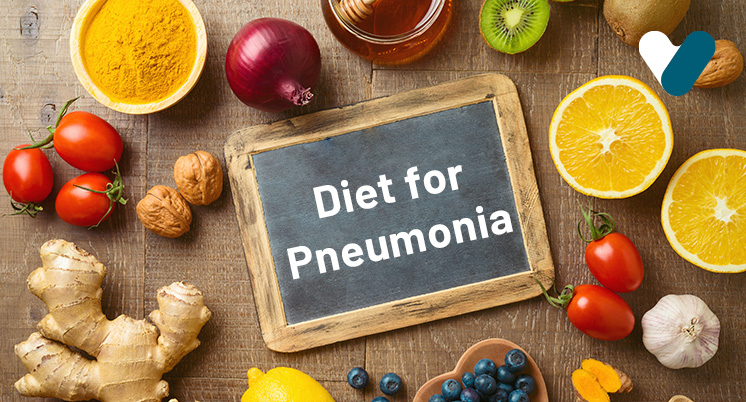The survival rate for breast cancer has improved due to the increasing awareness about the condition. Detecting the early sings of breast cancer in females can prove to be extremely beneficial in creating a dedicated breast cancer care plan for the patient. Thus, you should keep observing your body, in addition to regular check-ups, to ensure breast cancer is diagnosed in its early stages. Sometimes women who have had breast cancer in the past can have the disease again. Keep reading to learn about early symptoms of breast cancer in females, recurring breast cancer symptoms, and risk factors of breast cancer for women.
Early Signs of Breast Cancer in Females
Detecting breast cancer early is the key to a quick recovery and increases the survival chances of the patient. If you have breast cancer, you may notice some of the following signs and symptoms:- Thickening of breast tissue or a lump (could be breast tumour)
- Change in the size or shape of the breast and nipple
- Sudden inversion of the nipple
- Crusting, scaling, or flaking of the area surrounding the nipple
- Redness or dimpling of the breast skin
Breast Lumps That Aren’t Cancerous
Some breast lumps in females may resemble the symptoms of breast cancer but are caused due to other diseases such as the following:- Fibrocystic changes that include cysts in breasts, pain, or tenderness
- Fibroadenoma that causes smooth and round lumps in the breast, which can be moved around and does not cause breast pain
- Breast infections that often occur after childbirth may lead to small sacs of pus (or abscesses cysts) in the breast region
- Clogged milk glands can also appear to be breast tumour as they feel like hard lumps
- Injuries to the breast can result in scar tissue formation in the breasts
Diagnosis of Breast Cancer
Women are recommended to get annual mammograms (special X-rays for examining breasts) and regular physical check-ups at a hospital to eliminate the possibility of dormant breast cancer. This also increases the chance of survival and being cancer free. In some cases, breast cancer in females leads to symptoms that can help in an early diagnosis of the disease. You should consult your doctor or visit a breast cancer hospital as soon as you notice any abnormalities in your breast. Breast pain might not always be a female breast cancer symptom. Moreover, even if you have a lump that does not hurt, it could be a cancerous breast tumour. The doctor can curate a suitable breast cancer care plan for you after confirming diagnosis with the help of several tests, including MRI.Symptoms of Recurring Breast Cancer
People who have had breast cancer once might get the same or different cancer again. If they develop the same cancer—that is, their breast cancer recurs—they will need to visit the doctor and may need to schedule a breast cancer surgery and follow-up treatment plans. After treating for breast cancer the first time, the doctor will ask you to watch out for the following breast cancer signs and symptoms in females:- A new lump in and around the breast area
- Changes in the breast and nipple’s shape, size, or appearance
- Lumps on the breast skin
- Thickening near or on the scar from the breast cancer surgery
- Swelling in your arm
- Numbness or pain in your shoulder or arm
- Persistent breast pain
- Loss of appetite
- Trouble with the vision
- Severe headaches
Risk Factors of Breast Cancer in Females
Over time research has found that following factors increase the risk of a women developing breast cancer:- Old age
- Early menstruation and delayed menopause
- Family history of breast or other types of cancer
- Inheriting BRCA1 or BRCA2 gene
- Smoking
- Alcoholism
- Having children after 30
- Hormone replacement therapy (HRT)
- Obesity
- Never getting pregnant


